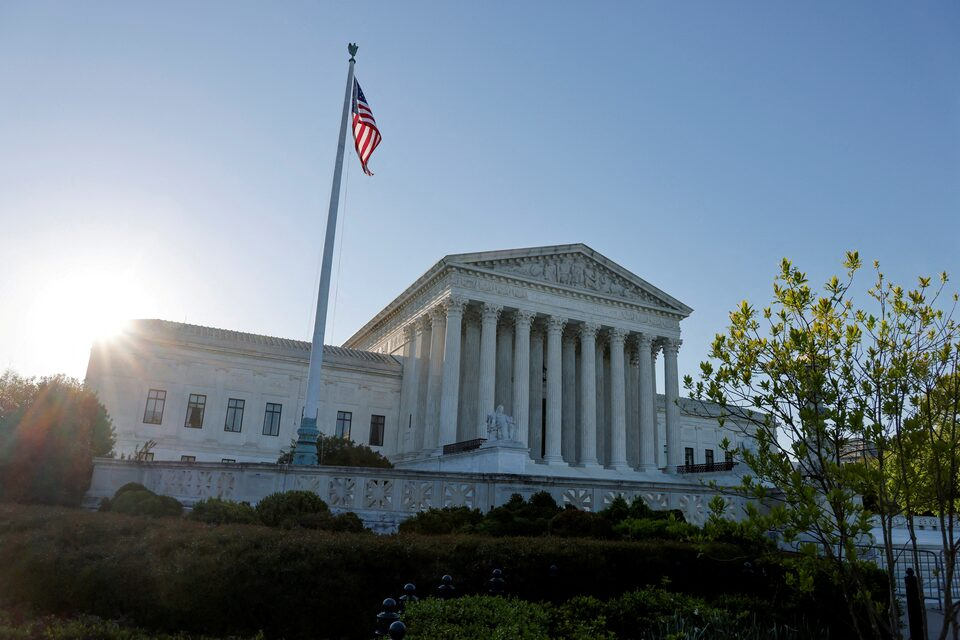SCOTUS grapples with bid to restrict birthright citizenship

WASHINGTON—The US Supreme Court wrestled on Thursday over Donald Trump’s attempt to broadly enforce his executive order to restrict birthright citizenship, a move that would affect thousands of babies born each year as the Republican president seeks a major shift in how the US Constitution has long been understood.
The court’s conservative justices, who hold a 6-3 majority, seemed willing to limit the ability of lower courts to issue nationwide, or “universal,” injunctions, as federal judges in Maryland, Washington and Massachusetts did to block Trump’s directive.
None of the justices, however, signaled an endorsement of Trump’s order and some of the liberals said it violates the Constitution and the court’s own precedents.
The justices heard more than two hours of arguments in the administration’s emergency request to scale back the injunctions blocking Trump’s directive, which is a key part of his hard-line approach toward immigration.
14th Amendment
Three judges found that Trump’s order likely violates the Constitution’s 14th Amendment citizenship language.
Trump signed his order on Jan. 20, his first day back in office. It directed federal agencies to refuse to recognize the citizenship of US-born children who do not have at least one parent who is an American citizen or lawful permanent resident, also known as a “green card” holder.
Liberal Justice Sonia Sotomayor said she believes Trump’s order violates multiple Supreme Court precedents concerning citizenship.
Sotomayor said the court should weigh the order’s legality “if we are worried about those thousands of children who are going to be born without citizenship papers that could render them stateless” and leave them ineligible for government benefits.
Pregnant immigrants
More than 150,000 newborns would be denied citizenship annually if Trump’s order takes effect, according to the plaintiffs who challenged the directive, including the Democratic attorneys general of 22 states as well as immigrant rights advocates and pregnant immigrants.
The case is unusual in that the administration has used it to argue that federal judges lack the authority to issue universal injunctions, and has asked the justices to rule that way and enforce Trump’s directive even without weighing its legal merits.
US solicitor general D. John Sauer, arguing for the administration, focused on this issue, calling the increasing use by judges of universal injunctions a “pathology.”
In potentially restricting the ability of lower courts to issue universal injunctions in certain instances, the conservative justices raised the idea of requiring plaintiffs to funnel claims seeking broader relief into class-action lawsuits, which are filed on behalf of a group of people who suffer similar legal injuries.
Reuters, the news and media division of Thomson Reuters, is the world’s largest multimedia news provider, reaching billions of people worldwide every day. Reuters provides business, financial, national and international news to professionals via desktop terminals, the world's media organizations, industry events and directly to consumers.

















